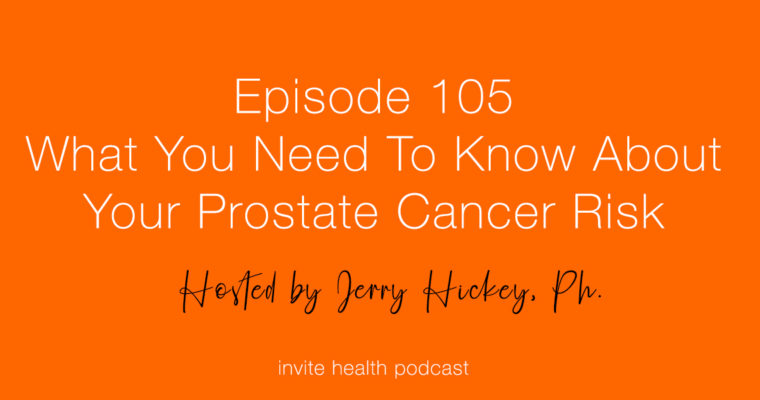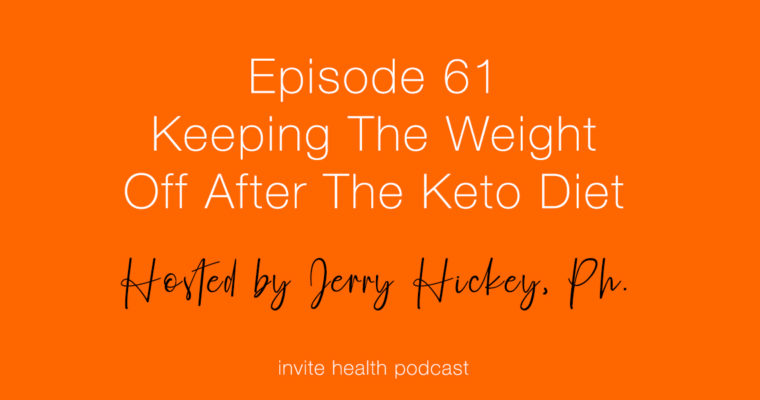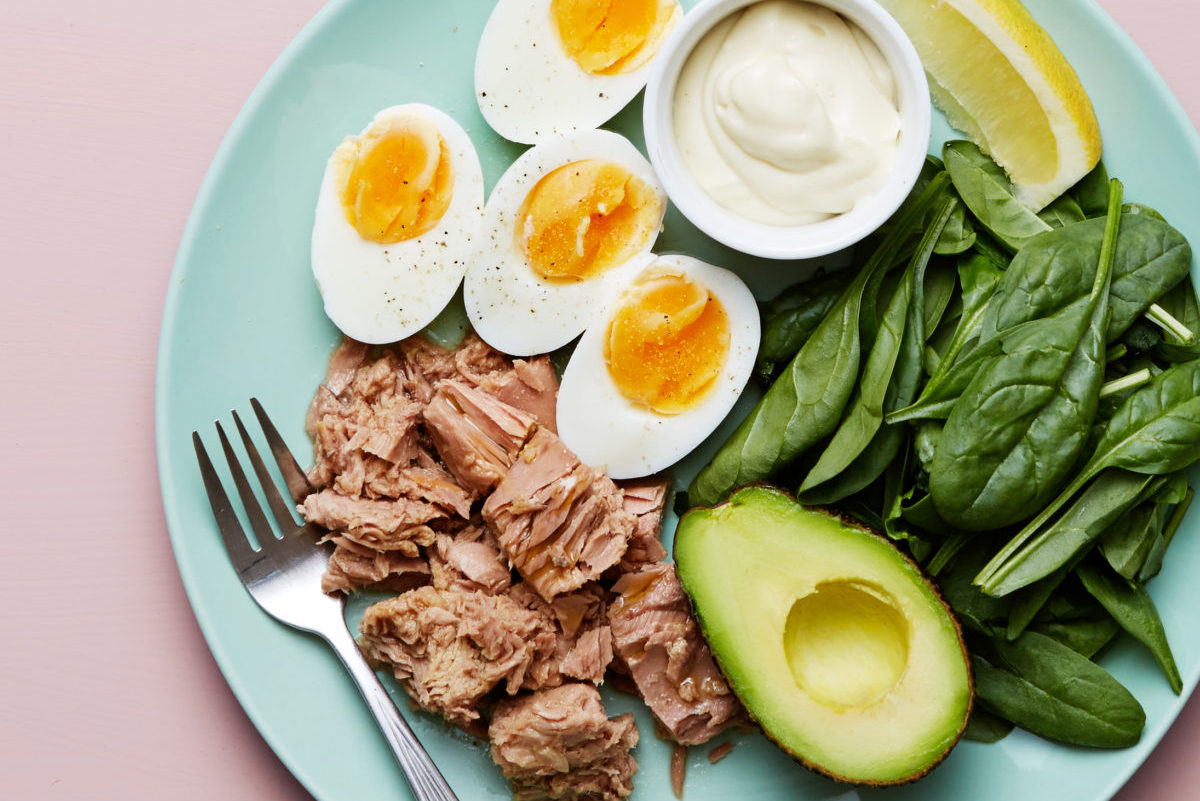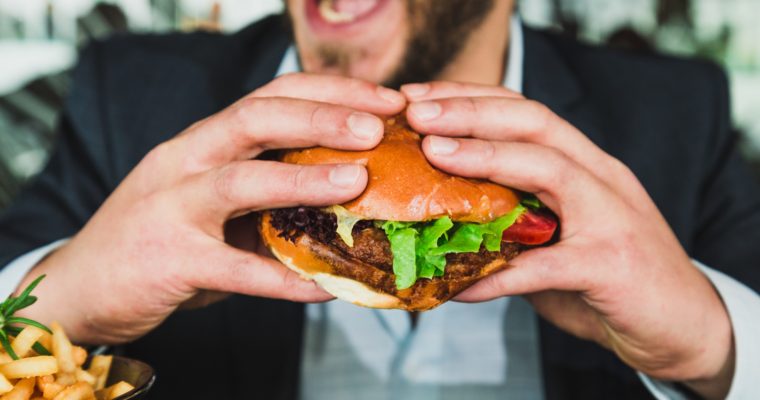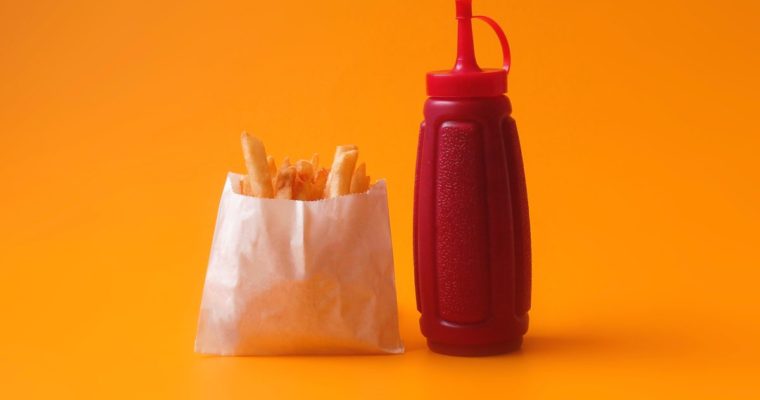Photo by Azamat Zhanisov on Unsplash
Detox diets are more popular than ever, and for good reason. We live in an increasingly polluted environment, loaded with toxins; the soil we grow our food in is often nutrient-depleted and many consume processed, factory-made foods supplying scant nutrients. Ironically, our bodies wind up requiring even more vitamins and minerals to effectively metabolize nutrient-depleted foods. Add that depletion with less time spent outdoors, minimal exercise, prescription drugs and medications, and chronic stress, and the result is that many individuals are truly nutritionally deficient.
The Basics of A Detox Diet
A detox diet is simply making strategic dietary changes to your diet that will help counteract the impact of pollutants and chemicals. This can help to reduce inflammation, heal the gut, balance blood sugar, and support your liver. There are numerous signs that your body may be trying to alert you that may mean you need to try a detox diet, or that you need to speak with a nutritionist:
- You crave sugar and carbohydrates
- You experience digestive issues, like bloating
- You constantly feel fatigued or stressed
- You have trouble with weight management and sleep
There is no specific detox diet that will work for everyone. Be sure to speak with your doctor or a nutritionist before starting any new regimen.
Is it important to detox before starting a new diet? Click here to learn more. >>
The goods news is there are some minor dietary changes you can make that can support overall wellness.
Focus on whole-foods and ditch the processed foods. Foods like vegetables, fruits, whole grains, beans, nuts and minimally processed oils can provide essential vitamins, minerals and nutrients that your body needs. Focusing on whole-foods allows your body a break from processed, artificial foods and additives, like sugars, refined carbohydrates and trans fats.
Remove foods that may cause allergies or intolerances. You might not know it, but intolerances to foods like soy, gluten or peanuts can trigger inflammatory responses in your gut that can lead to diarrhea, constipation, bloating and even eczema. Eliminating potential “trigger foods” may help with intolerances. Speak with your doctor to find out how you can learn what your intolerances/allergies are.
Superfoods are your friends. In addition to whole-foods, you should add superfoods to your diet. These are foods that have been shown to improve digestion and support your liver and natural detoxification processes in your body. Some of these foods include:
- Leafy Greens contain plat chlorophylls, which have been shown to help remove chemicals, pesticides, and heavy metals from the bloodstream.
- Chlorella has been shown to absorb 40% of the heavy metals in one study within seven days.
- Herbs and Spices are natural diuretics and can help prevent bloating. Many also contain the anti-inflammatory Vitamin C and can help remove heavy metals like mercury and lead from the body.
- Lemons contain a compound called D-limonene, which has been shown to help reverse oxidative damage caused by the liver as a result of a high-fat diet.
Questions about a detox diet? Speak with one of our certified nutritionists by leaving a comment below.

